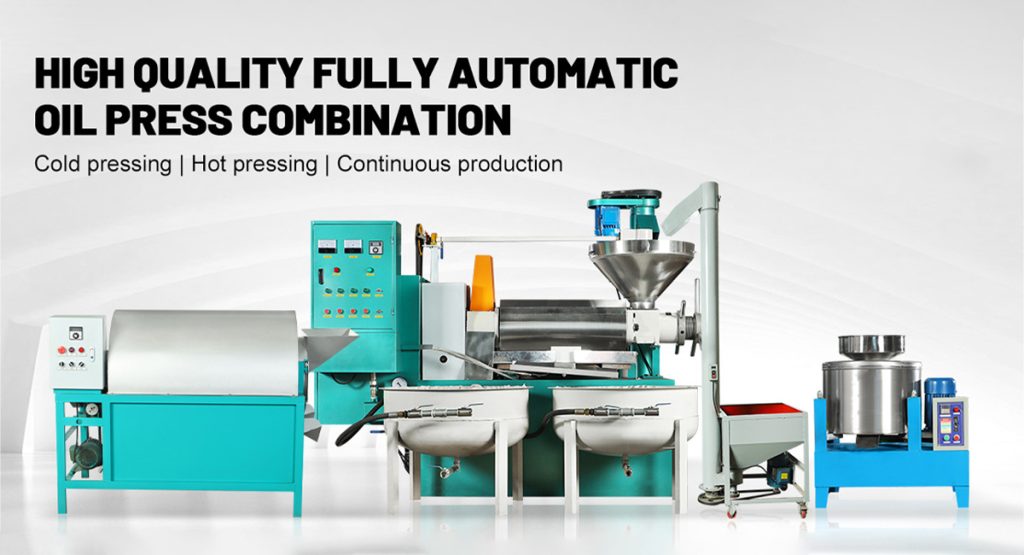SEARCH WHAT YOU WANT
Search allProductNews
SEARCH
Olive oil can be produced through an oil press, but this process requires specific equipment and technical requirements. The following is a detailed analysis of the production process of Fude olive oil:

This website uses cookies to improve your browsing experience. By continuing to use this site, you accept the use of our cookies. Data collected from this website is processed and stored in the United States.